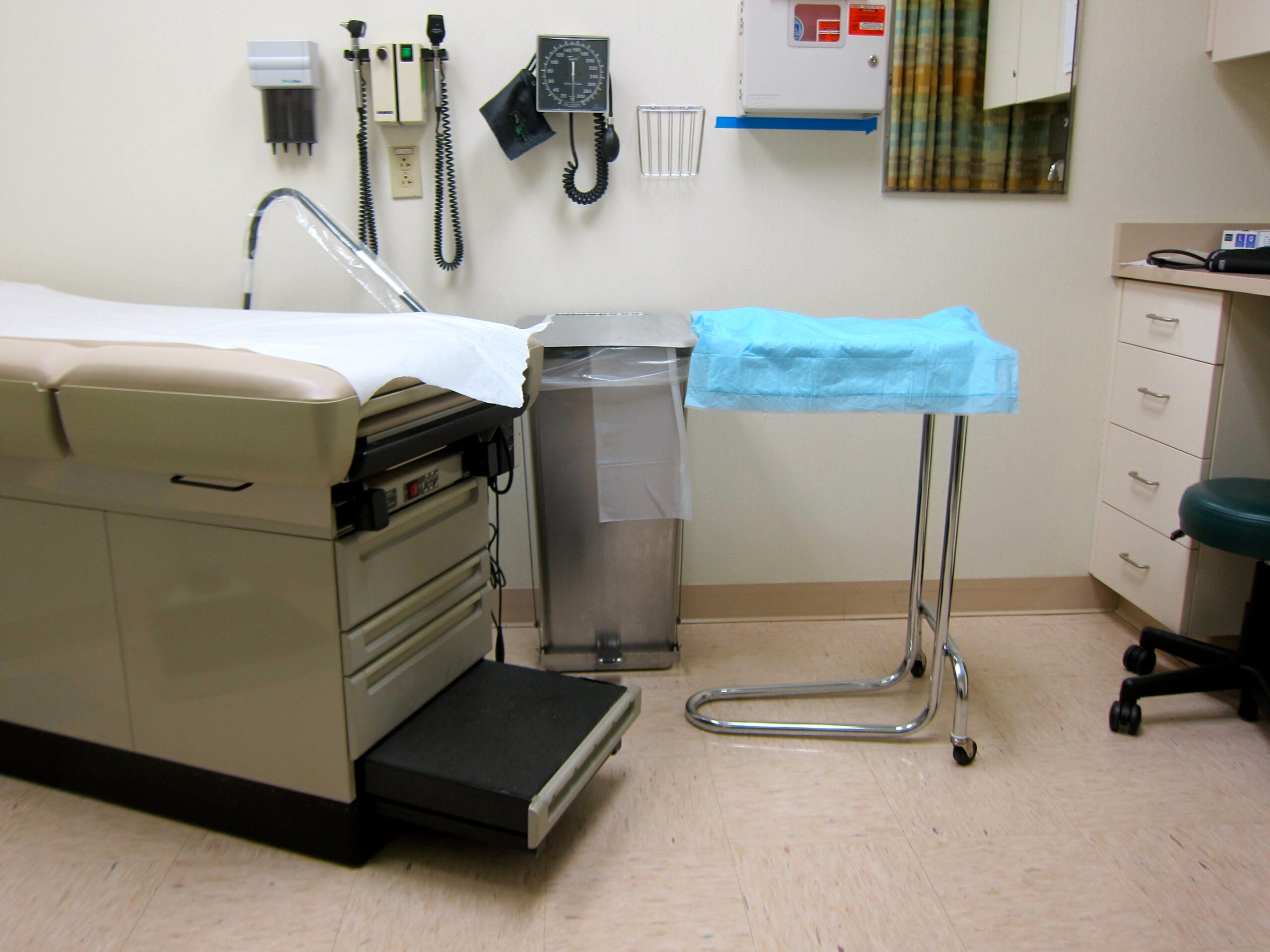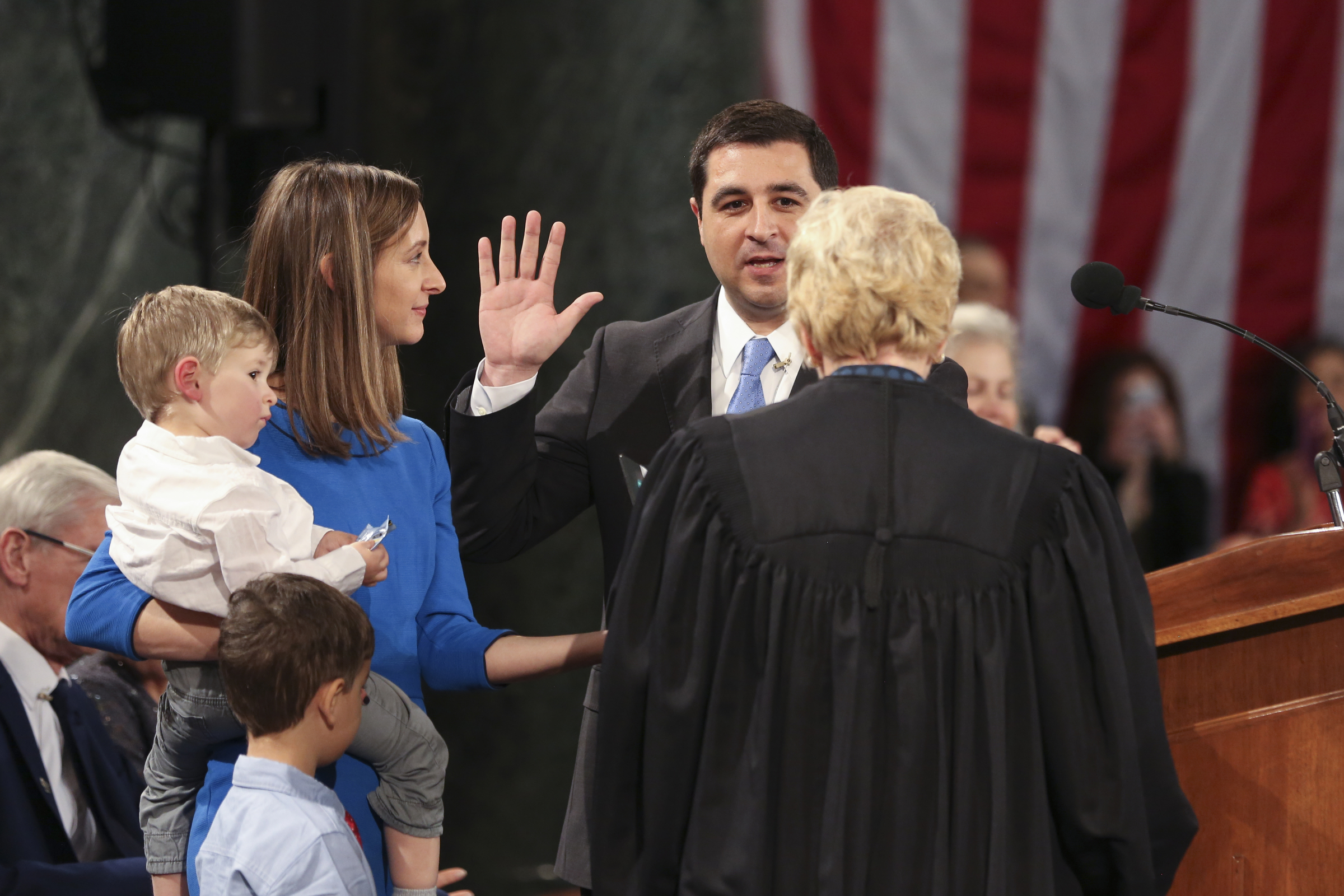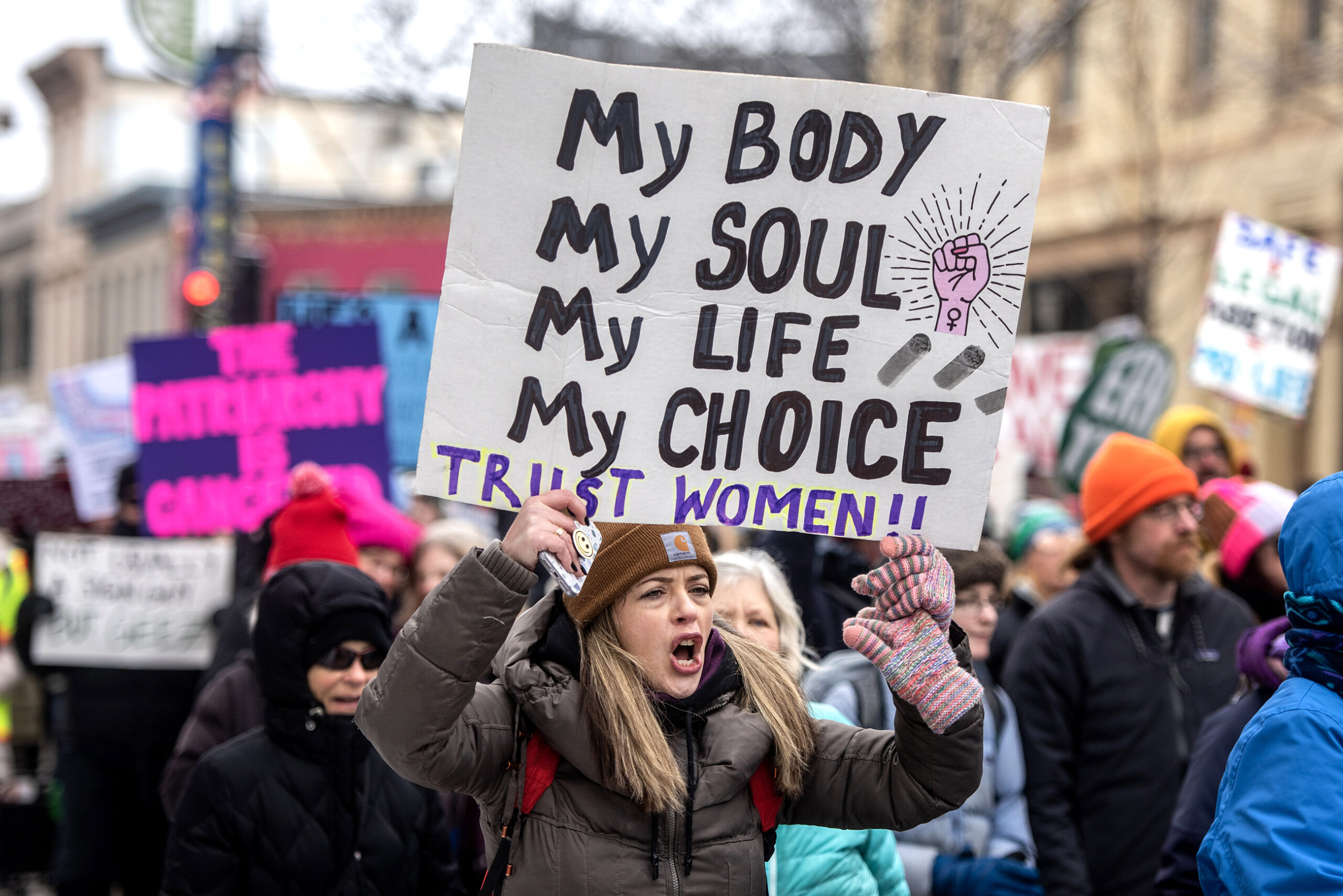Republican lawmakers in Wisconsin are continuing to push for changes to Wisconsin abortion laws, despite previous vetoes from Gov. Tony Evers.
A state Assembly committee heard several hours of testimony on Thursday on a number of bills that would put new requirements and restrictions on abortion providers and cut off state funding for Planned Parenthood. Four of the bills were approved by the GOP-controlled Legislature last session and later vetoed by the governor.
During the legislative hearing, Rep. Barbara Dittrich, R-Oconomowoc, said Republicans will continue to advocate for the changes, despite their long odds before the Democratic governor.
Stay informed on the latest news
Sign up for WPR’s email newsletter.
“This was vetoed by the governor last session, but again, life is worth fighting for,” Dittrich said of the bill that would cut off state funding for Planned Parenthood. “I continue to move on doing what I think is the right thing and making sure that we’re addressing this situation.”
Supporters of the plan say it’s not appropriate for taxpayer money to go to facilities that provide abortions, while opponents argue Planned Parenthood provides a number of other important health care services to women.
Other measures discussed on Thursday that were previously vetoed by the governor included a bill that would require doctors to tell women that they can change their mind when undergoing a chemical abortion. The Wisconsin Medical Society and Wisconsin section of the American College of Obstetricians and Gynecologists both oppose the bill.
In testimony provided the last time the plan was introduced, a representative from the Wisconsin Medical Society said the group opposes it because it enables too much outside influence on patient-doctor relationships.
“While abortion-related policymaking is often controversial and emotional, that does not distract from the Society’s core belief that physicians should be allowed to communicate with patients within the bounds of accepted medical practice,” the group told lawmakers in prepared testimony.
The group’s testimony also raised concerns about the lack of evidence-based research related to “reversal” of abortions.
On Thursday, Gracie Skogman, legislative director of Wisconsin Right to Life, told lawmakers the advocacy group continues to support the measure because they believe it allows women to be fully informed about the process ahead of them.
“We believe that when women are faced with making life-altering decisions, they should be given as much information as possible,” Skogman said.
Other previously-vetoed bills considered again on Thursday would ban doctors from performing abortions based on race, sex or congenital defect and require doctors to provide care in the rare case a baby is born alive after an attempted abortion.
Supporters say those plans would ensure all babies are treated equally in Wisconsin. In his 2019 veto messages, the governor said the measures “perpetuate harmful stereotypes and put women at risk by making reproductive health care less accessible” and amount to “political interference between patients and their health care providers.”
Ahead of the last vetoes, anti-abortion advocates gathered at the state Capitol to urge Evers to reconsider his positions on the bills.
In response to a request for comment on the renewed action on Thursday, the governor’s office referred to “the governor’s previous actions and comments.”
In a press conference ahead of the committee meeting, Rep. Lisa Subeck, D-Madison, argued the latest Republican efforts are part of a “national push by anti-abortion activists to limit women’s access to essential health care.”
“The bills we are taking up today are dangerous and extreme, and they will take away women’s access to essential health care services,” Subeck said.
Last week, hundreds of people rallied in Madison as part of a national day of action in support of abortion rights.
In light of the recent national attention on state abortion laws, some say the issue could be a mobilizing one for voters — particularly Democrats — in 2022.
Wisconsin Public Radio, © Copyright 2025, Board of Regents of the University of Wisconsin System and Wisconsin Educational Communications Board.







